What Is a Cold Storage Warehouse? Benefits, Standards & Features
In this article, we explore the importance of a Cold Storage Warehouse in preserving perishable and temperature-sensitive products across modern supply chains. These facilities maintain optimal conditions to protect product quality, extend shelf life, and ensure safety. Businesses in food, pharmaceuticals, and chemicals rely on cold storage to minimize spoilage and comply with regulations. Understanding cold storage operations is essential for achieving efficient logistics and reliable delivery.
What Is a Cold Storage Warehouse?
A cold storage warehouse is a specialized facility designed to maintain perishable goods at controlled low temperatures to preserve quality, extend shelf life, and prevent spoilage. These warehouses are critical in industries such as food, pharmaceuticals, biotechnology, and chemical manufacturing, where temperature-sensitive products must be stored safely before distribution. Cold storage warehouses rely on advanced refrigeration systems, insulation, and climate control technology to keep products within precise temperature ranges.
Modern cold storage warehouses are equipped with real-time monitoring systems, humidity control, backup power solutions, and automated alarms to ensure continuous protection of stored goods. They are a vital component of global supply chains, supporting not only domestic distribution but also international trade. Efficient cold storage ensures products meet regulatory standards, reduce waste, and arrive in optimal condition to end consumers.
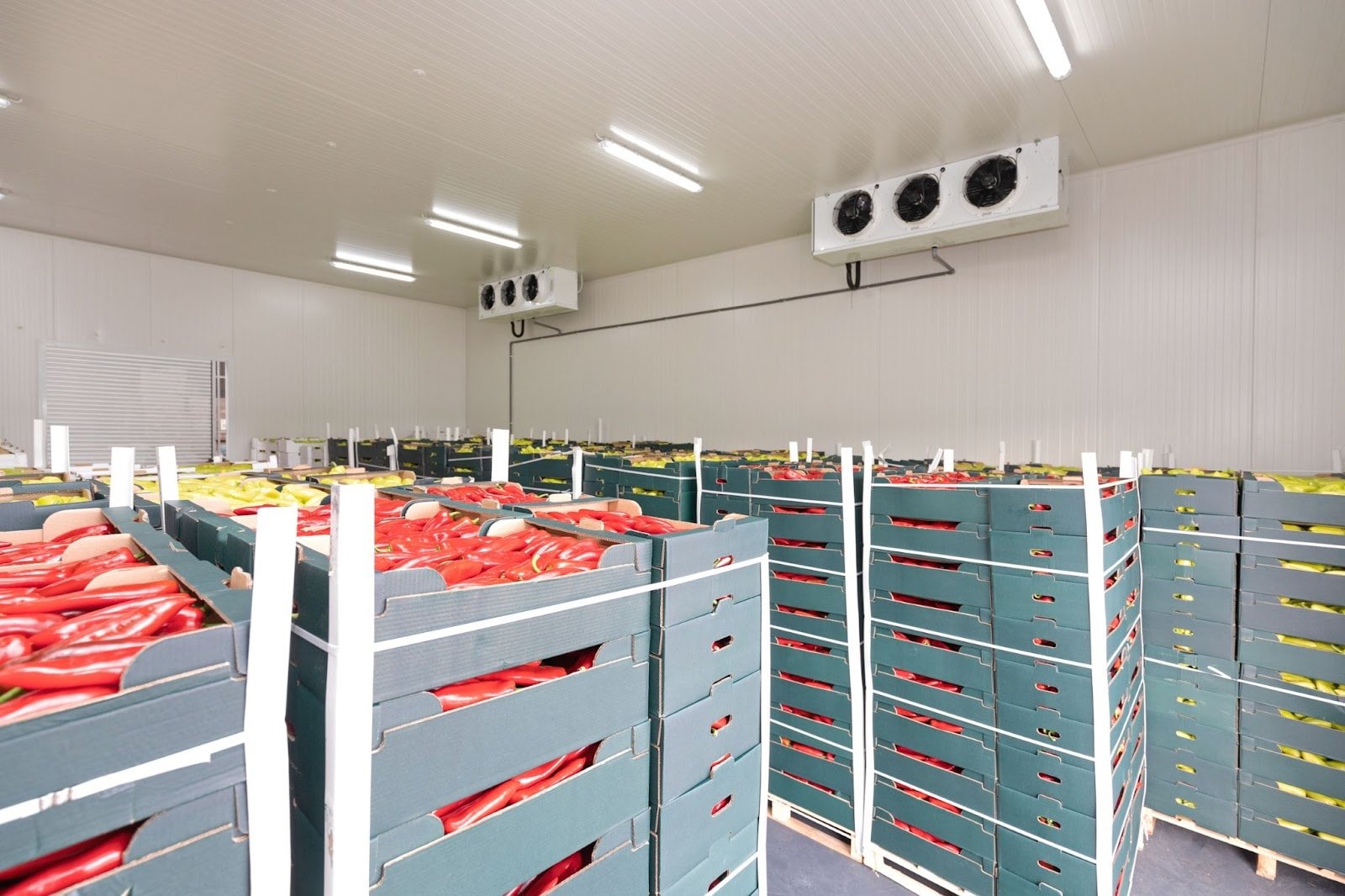
What are the standards of a cold storage warehouse?
Cold storage warehouses must comply with strict regulatory and industry standards to ensure safety, quality, and reliability. These standards cover structural, operational, and technological aspects to maintain product integrity.
- Temperature control: Maintaining specific temperature ranges tailored to different products, such as refrigerated (0–4°C) or frozen (-18°C to -25°C).
- Safety compliance: Adherence to food safety standards like HACCP and relevant health regulations to prevent contamination.
- Energy efficiency: Incorporation of energy-efficient refrigeration and insulation technologies to reduce operational costs and environmental impact.
- Monitoring systems: Continuous tracking of temperature, humidity, and airflow, with automated alerts for deviations.
- Structural design: Warehouses must have proper insulation, robust doors, and optimized racking to minimize thermal loss and maintain consistent conditions.
What types of goods need to be stored in cold storage?
Cold storage warehouses are essential for storing temperature-sensitive products that cannot tolerate fluctuations in temperature or humidity. Typical categories include:
- Fresh food products: Meat, seafood, dairy, fruits, and vegetables requiring refrigeration to maintain freshness and prevent bacterial growth.
- Frozen goods: Ice cream, frozen vegetables, frozen meat, and prepared foods that require sub-zero conditions to prevent spoilage.
- Pharmaceuticals and vaccines: Products such as vaccines, biologics, and certain medicines that require precise temperature control to maintain efficacy.
- Chemicals and raw materials: Some chemicals, enzymes, or research materials that degrade if exposed to high or variable temperatures.
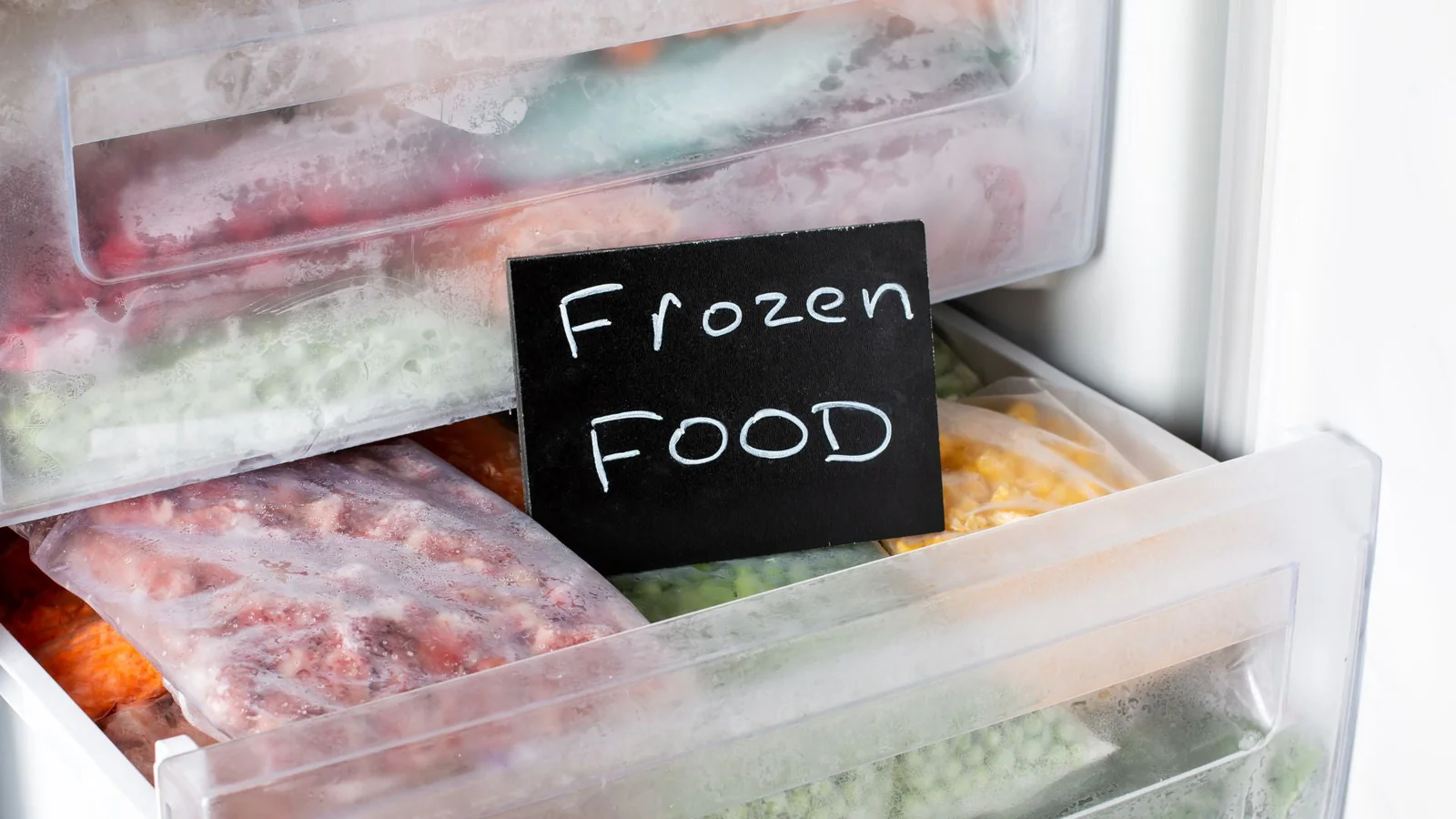
Benefits of Cold Storage Warehouse
Cold storage warehouses provide multiple advantages for businesses handling perishable or temperature-sensitive products. By maintaining controlled temperature environments, these facilities not only protect product quality but also optimize operational efficiency. Investing in a cold storage warehouse can significantly reduce spoilage, improve supply chain management, and enhance customer satisfaction.
Key benefits include:
- Extended Shelf Life: By storing goods at the correct temperatures, products maintain freshness longer, allowing businesses to reduce waste and improve inventory turnover.
Enhanced Product Quality: Temperature and humidity control prevent spoilage, degradation, or loss of potency in pharmaceuticals and chemicals, ensuring the product reaches the end consumer in optimal condition. - Supply Chain Efficiency: Cold storage enables better scheduling of shipments, reduces the need for urgent transportation, and facilitates global distribution, ensuring consistent delivery of goods.
- Cost Savings: Minimizing spoilage and optimizing storage conditions reduces overall financial losses and increases profitability, especially in high-volume operations.
- Regulatory Compliance: Cold storage warehouses are built to meet international standards, such as HACCP and ISO certifications, ensuring compliance with health, safety, and quality regulations.
- Flexibility for Business Growth: Companies can scale operations efficiently, storing larger volumes of perishable goods without compromising quality or efficiency.
Cold Storage Warehouse Process: How does it work?
The operation of a cold storage warehouse involves a systematic workflow designed to maintain optimal conditions for perishable products. From receiving to dispatch, each step is carefully monitored and managed to ensure product safety and quality.
- Receiving: Upon arrival, all products are inspected for compliance with temperature requirements, packaging integrity, and documentation accuracy. Early detection of anomalies ensures corrective measures can be taken before storage.
- Storage: Products are stored in designated zones according to their temperature and humidity needs. Fresh produce, frozen items, pharmaceuticals, and chemicals are segregated to prevent cross-contamination and maintain optimal conditions.
- Monitoring: Advanced sensors continuously track temperature, humidity, and airflow in real-time. Automated alerts notify warehouse managers immediately if deviations occur, preventing product spoilage or damage.
- Inventory Management: Cold storage warehouses employ sophisticated Warehouse Management Systems (WMS) to manage stock levels, expiration dates, and product location. Accurate tracking reduces waste and ensures efficient picking and replenishment.
- Order Fulfillment: When orders are ready to ship, products are carefully retrieved, packed, and transported under the same controlled conditions. Temperature-controlled vehicles or insulated packaging maintain integrity during transit.
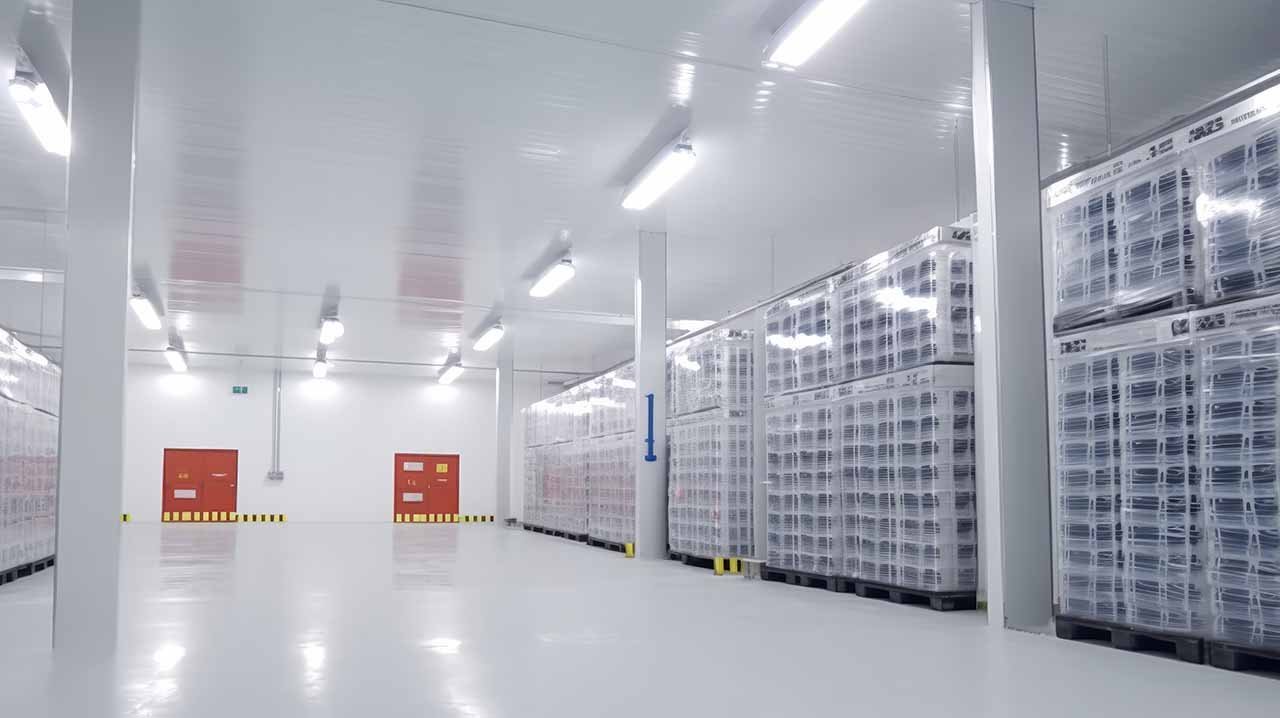
Main Features of a Cold Storage Warehouse
Cold storage warehouses incorporate a variety of features that enhance efficiency, safety, and reliability. These features are critical for businesses that handle large volumes of perishable or temperature-sensitive products.
Convenient Access for Transportation
Cold storage warehouses are strategically located near ports, airports, and major highways. This ensures fast inbound and outbound logistics while reducing transit time. Easy access allows seamless integration with trucks, rail, air, or sea transport. Businesses benefit from lower fuel costs and timely delivery. Strategic positioning also supports emergency rerouting of temperature-sensitive goods.
Adequate Storage Capacity to Match Your Requirements
Warehouses provide scalable storage for small or large volumes of perishable goods. Modular shelving and racking systems maximize space and optimize temperature control. Multi-zone storage allows fresh, frozen, and pharmaceutical products to be stored simultaneously. Seasonal or high-volume demand can be accommodated efficiently. Flexible capacity reduces bottlenecks and improves inventory flow.
Effective Inventory Oversight
Advanced WMS systems monitor inventory in real-time, tracking product quantities, locations, and expiration dates. This minimizes spoilage and misplacement of goods. Automated alerts notify managers of deviations in storage conditions. Inventory insights support better replenishment and demand forecasting. Accurate oversight enhances compliance, efficiency, and customer satisfaction.
Stable and Uninterrupted Power Supply
Reliable power is critical for maintaining temperature-sensitive products. Cold storage warehouses include backup generators and UPS systems. Continuous operation prevents spoilage during outages. Automated monitoring alerts operators to anomalies immediately. Stable power ensures compliance with food, pharmaceutical, and chemical safety standards.
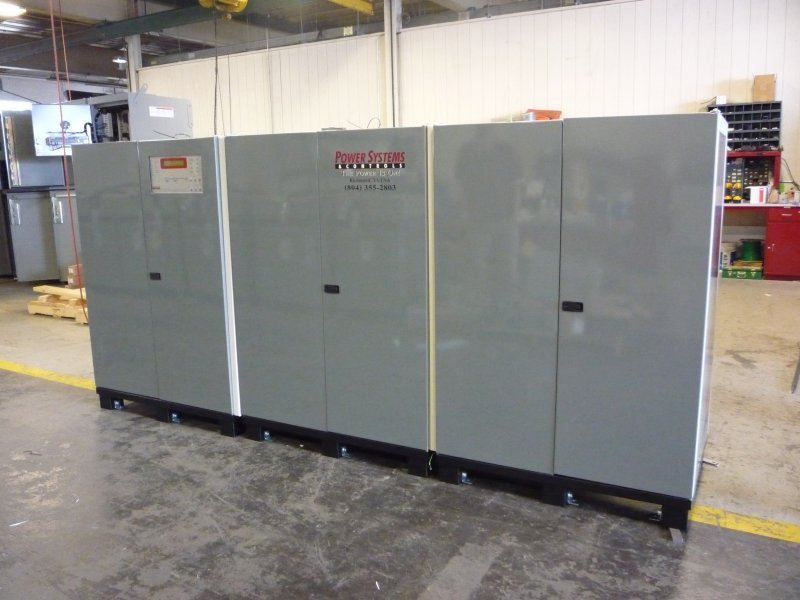
Strong Safety and Security Systems
Cold storage warehouses use CCTV, restricted access, and fire suppression systems. Security protects high-value and perishable inventory from theft or damage. Environmental sensors and alarms prevent contamination or equipment failure. Safety protocols ensure worker protection in low-temperature conditions. Comprehensive security maintains product integrity and operational reliability.
Challenges in Cold Storage Operations
Cold storage warehouses face unique challenges that impact efficiency, cost, and product quality. Understanding these challenges helps businesses mitigate risks and maintain smooth operations.
Handling Different Categories of Perishable Products
Perishable goods vary in their temperature and humidity requirements, such as seafood needing -2°C and fruits needing 5-8°C. Cold storage must provide separate zones to prevent cross-contamination. Staff are trained in proper handling, rotation, and hygiene protocols. Digital monitoring ensures deviations are quickly addressed. Incorrect storage can lead to spoilage, financial loss, and regulatory penalties. Segregation and zoning are essential for maintaining product quality.
Difficulty in Optimizing Available Space
Maximizing storage density while maintaining airflow and temperature consistency is a major challenge. Irregular pallets and packaging can block aisles and reduce efficiency. Modular shelving and racking systems help optimize vertical space. Poor layout slows picking and dispatch operations. Seasonal fluctuations require dynamic space planning. Efficient space utilization directly impacts operational workflow and energy consumption.
Vulnerability to Power Outages or Technical Failures
Cold storage relies on continuous power to maintain temperatures. Outages or equipment failure can spoil large volumes of perishable goods. Backup generators, UPS, and automated alerts are essential safeguards. Preventive maintenance reduces the risk of unexpected failures. Emergency protocols ensure minimal disruption. Real-time monitoring allows staff to respond quickly to prevent product loss.

High Energy and Operational Expenses
Cold storage consumes large amounts of electricity for refrigeration, lighting, and humidity control. Energy-efficient technologies, such as variable compressors and improved insulation, help reduce costs. Continuous monitoring optimizes power usage and maintains optimal conditions. Renewable energy and heat recovery can further lower expenses. Balancing cost with product quality is critical. Efficient energy management supports both sustainability and profitability.
Impact on Worker Health and Equipment Lifespan
Workers in cold environments face reduced dexterity and fatigue, requiring protective clothing and regulated shifts. Prolonged exposure without safety measures can affect productivity. Refrigeration equipment under continuous operation may wear faster, shortening lifespan. Preventive maintenance and monitoring improve reliability. Ergonomic designs and automation reduce strain on staff. Optimizing worker and equipment conditions ensures smooth operations and safety compliance.
In conclusion, a Cold Storage Warehouse is a vital component of modern supply chains, ensuring that perishable and temperature-sensitive goods maintain their quality and safety. By implementing efficient storage, monitoring, and handling processes, businesses can reduce waste, optimize operations, and comply with regulatory standards. Understanding the benefits, features, and challenges of cold storage helps companies make informed decisions for their logistics strategy. Investing in a reliable cold storage solution ultimately supports product integrity and strengthens overall supply chain performance.
Looking to optimize your cold chain operations? Keys Logistics provides end-to-end cold storage and fulfillment solutions tailored to your business needs. Our advanced WMS and TMS systems integrate with Shopify, Amazon, TikTok Shop, and more for seamless order management. With a global network of over 500 trusted carriers, we ensure fast, reliable, and compliant delivery worldwide. Contact us today to scale your logistics efficiently, reduce spoilage, and maintain product quality at every step.


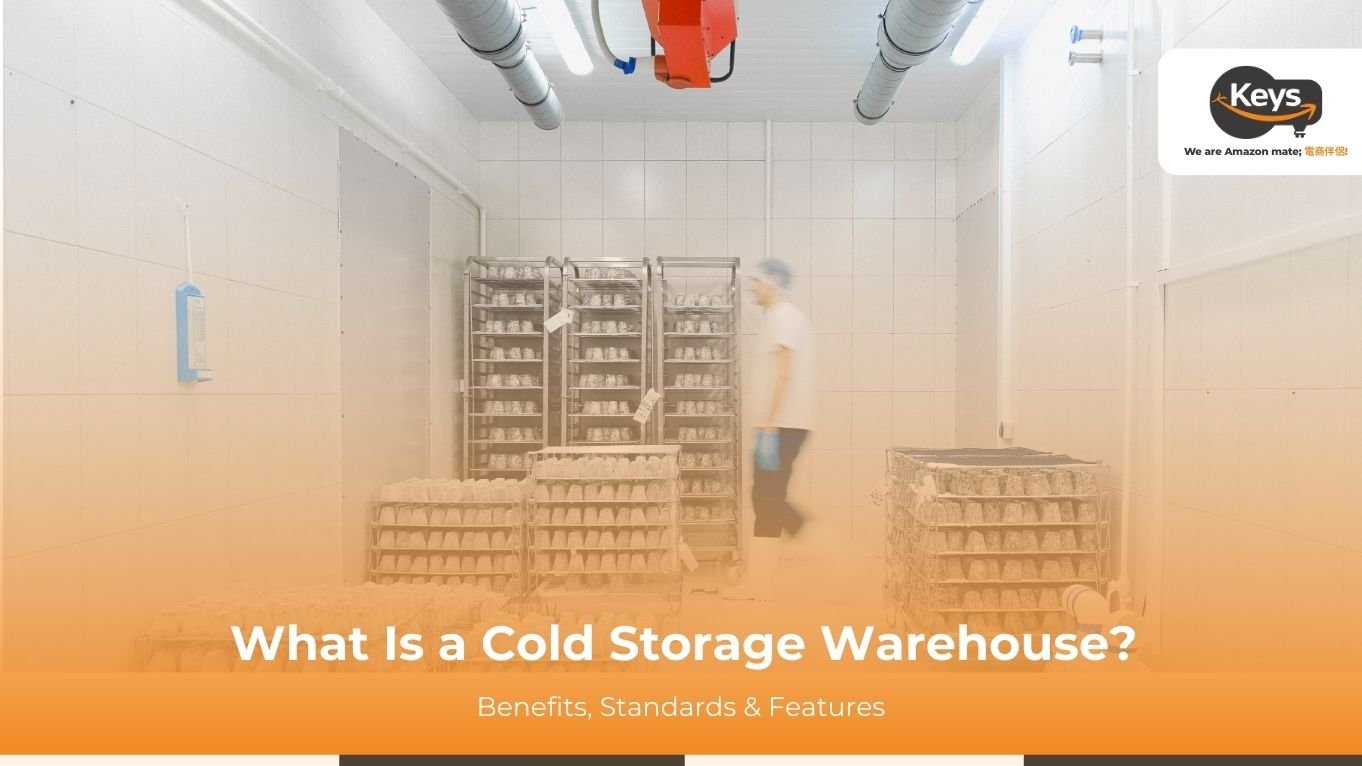









 Tiếng Việt
Tiếng Việt 中文 (中国)
中文 (中国)

